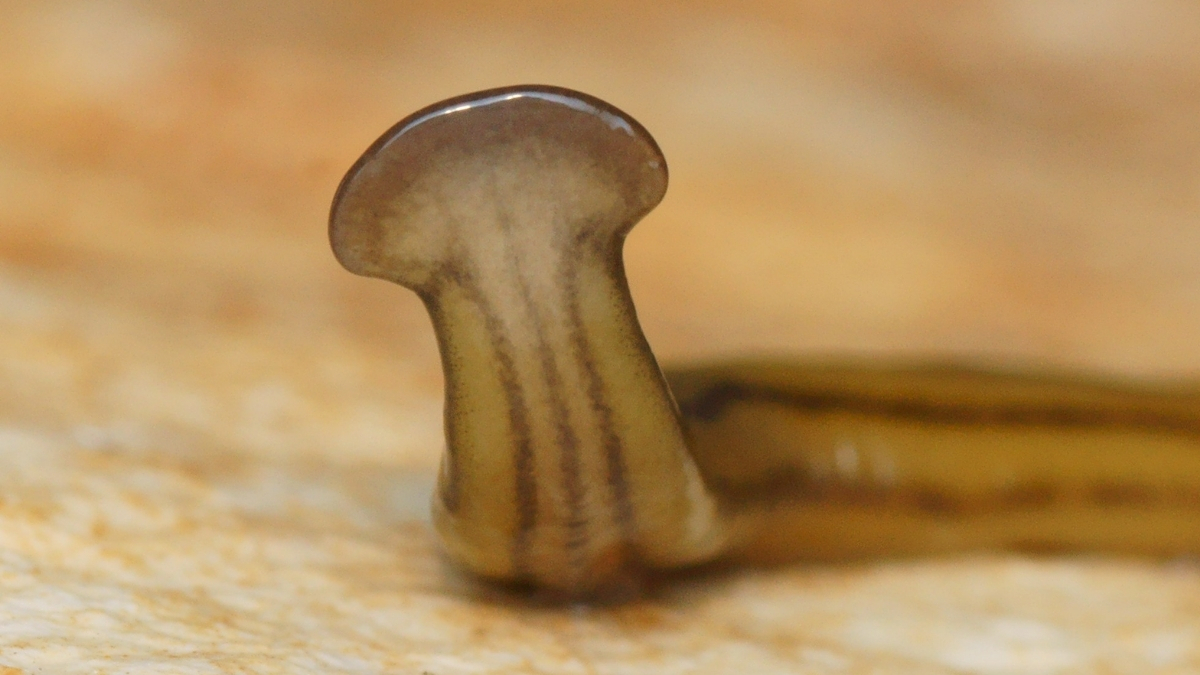A friend texted me after his chess rating dropped. He had played a game right after a ten-hour flight, completely exhausted. I've done the same.
When you're tired, your brain overprices effort and underprices future consequences.
Finding the best chess move might take a minute of hard thinking. When you're exhausted, that minute feels too expensive. You stop calculating early and convince yourself the easy move is good. Then you lose.
In chess, the punishment is instant. But in work or life, the feedback is slower, noisier, or missing. You can feel sharp even while your judgment isn't at its best.
Think about driving after a couple of drinks. People feel fine, but their reaction time is measurably worse, and they can't tell the difference. Intoxicated drivers often believe they're fine when they aren't.
That immediate feedback in chess has taught me to recognize patterns I couldn't see before. It's rare in life to get feedback that honest, that fast. In a way, that is a gift of chess: it trains you to see your own mind more clearly, not just the board.
The lesson isn't "don't do things when tired". We all do. The lesson is to notice when your brain starts lying to you and build habits that keep you honest. Chess has helped me with this. But I'm not done learning.
.png)




